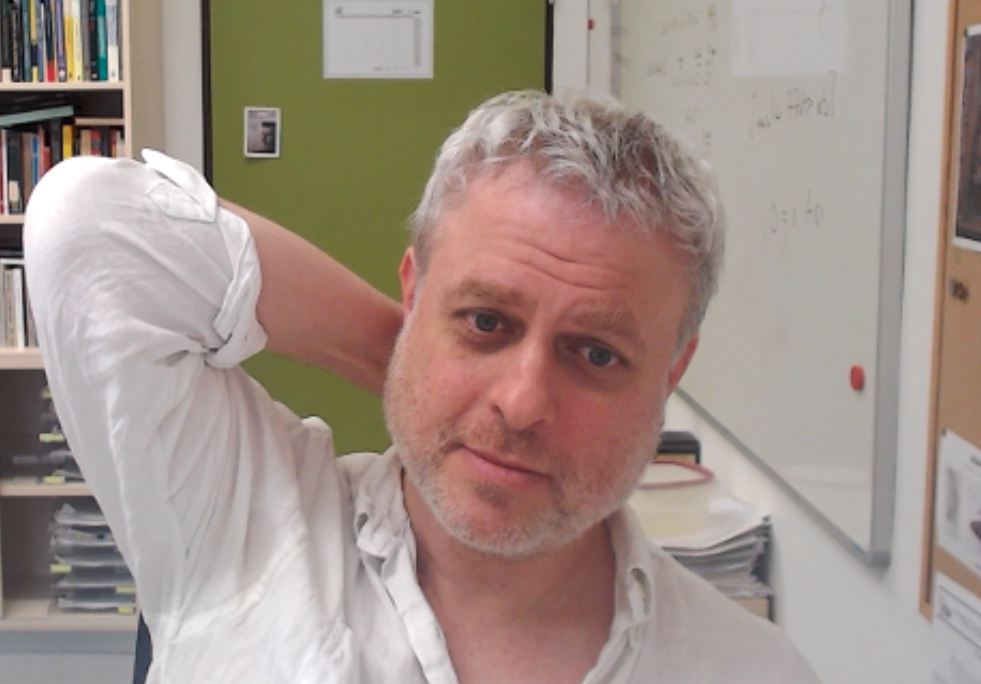I was trained both as a philosopher and as a theoretical physicist because my interests include not only issues in each discipline separately but, even more, the overlap of the two. This comes not only from the philosophical side—so much of theoretical physics today is done in the absence of constraint by experimental data that it often resembles traditional philosophy, grappling with such issues as the nature of space and time, the character of physical quantities such as the entropy of a black hole, and even the appropriate scope and foundation of physical theory itself, being driven by conceptual analysis and Gedankenexperimente alone. My current work in these areas focuses on the intersection of general relativity, quantum field theory and thermodynamics, primarily in the physics of black holes, early-universe singularities, and related gravitational phenomena in the semi-classical regime. In general philosophy of science, I work primarily on the semantics of scientific theories and the structure of our knowledge in science and its epistemology, where I grouse a lot about the inadequacies of the semantic view of theories and the field’s morbid focus on ontology. I’m trying to work out my own accounts, with a great deal of sympathy for the pragmatism of Peirce and Carnap and Howard Stein. On the purely philosophical side, I spend some time working on the ancient Greeks, just because I love them, and on the history of 20th century analytic philosophy. On the purely physics side, I enjoy working on the mathematical foundations of classical mechanics and various problems in classical general relativity and niche programs of quantum gravity. Really, though, I love to think and talk about almost anything—I fervently hold with Plato that all true philosophy happens in conversation. “Brotherhood of men comes not from community of thought but from consanguinity of mind.”—Proust.
